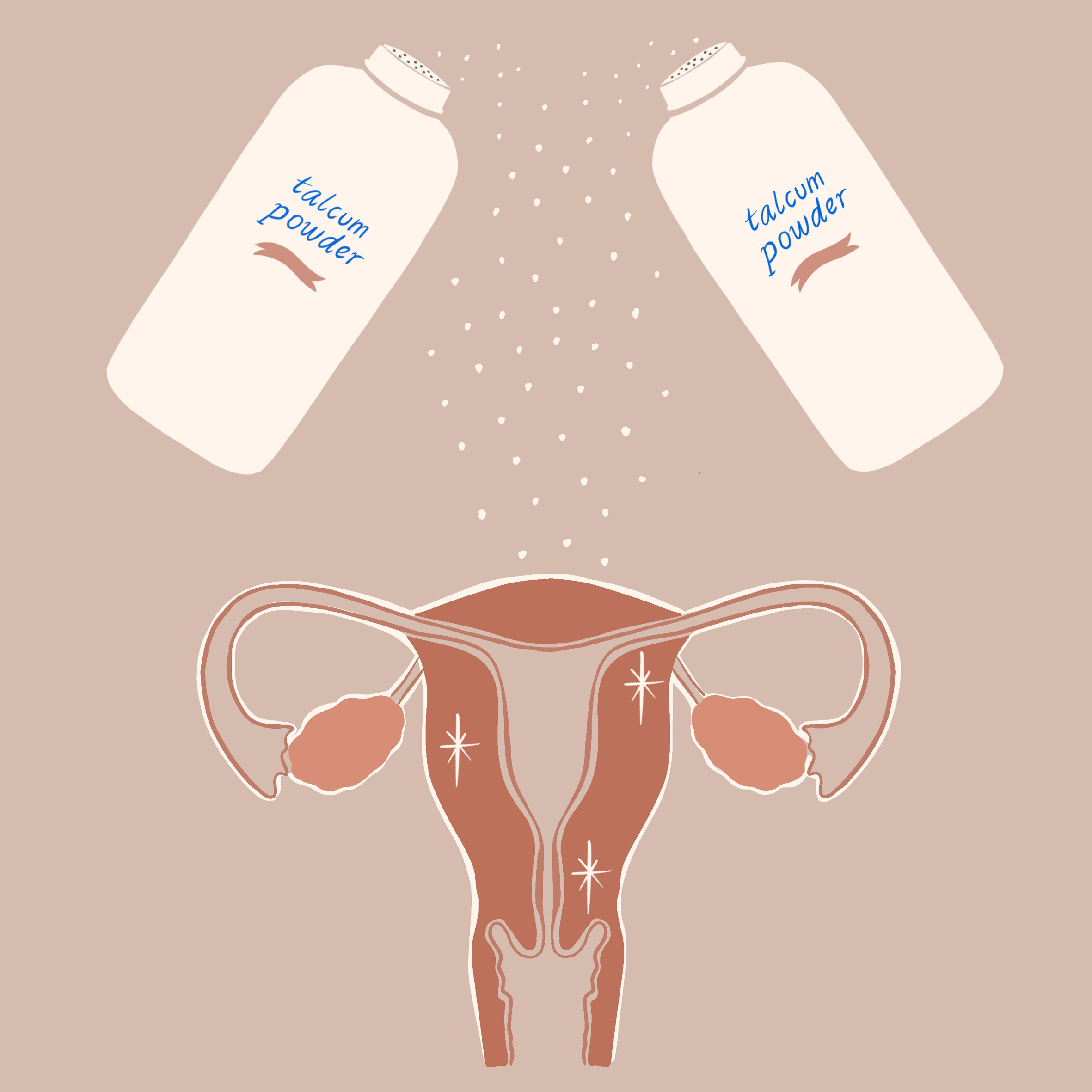Opioids
Public Health
Government Efforts Continue to Combat the Opioid Epidemic in America
This past week has seen a number of initiatives aimed at utilizing public resources to address the opioid crisis. In Arkansas, a $200,000 grant was awarded to Legal Aid as a Response to the Opioid Crisis in Arkansas (LAROCA) to promote prevention, treatment and recovery options to help those suffering with opioid addiction.
Dr. Jonas Shaende, the chief economist with the Fiscal Policy Institute, raised awareness of the costs of the opioid crisis at the THRIVE Recovery Community and Outreach Center in Hauppauge, NY. Dr. Shaende told attendees that the opioid crisis costs the Long Island region $22 million a day in lost wages, medical costs and other economic factors related to opioid addiction.
Last week also saw the release of a statement by the United States Government Accountability Office that sought to outline safe disposal methods for excess opioids once treatment concludes.
Talcum Powder
Legal Developments
Johnson & Johnson Lawyers Have Closing Arguments Removed From Records
Last week, the heated New Jersey talcum powder trial between four mesothelioma victims and pharmaceutical titan Johnson & Johnson entered the deliberation phase. The trial has notably featured a number of judicial sidebars as both plaintiff and defense attorneys have raised repeated objections over the qualifications and assertions of their respective medical experts.
These objections came to a head last Wednesday when J&J lawyer Diane Sullivan’s closing argument was struck from the record for repeatedly implying to the jury that the plaintiffs had manufactured evidence that J&J’s talc contained asbestos. Judge Anna C. Viscomi admonished Sullivan, telling her, “What could have been a good closing statement commenting on the evidence was replete with conduct this court has already warned you about.” While Sullivan protested the striking as “draconian and unfair,” Judge Viscomi stated that “to leave in only the appropriate comments on the record would be impossible” and warned Sullivan about her outbursts.
Breast Implants
Legal Developments
Allergan Comes Under Litigatory Fire, Robotic Device May Prevent Breast Implant Rejection
Multiple class action lawsuits have been filed against the breast implant manufacturing company Allergan for their textured breast implant products, which were recalled in July by the Food and Drug Administration (FDA) due to its connection to Breast Implant-Associated Anaplastic Large-Call Lymphoma (BIA-ALCL).
Future recipients of breast implants may also be receiving good news, as researchers at the Science Foundation Ireland research center AMBER, NUI Galway and MIT have unveiled a new soft robotic product designed to protect implant recipients from rejection. This soft robotic device is designed to prevent rejection by the body by breaking up the fibrous shell that the body attempts to place around the implants during a process called fibrosis. When completed, this device could reportedly be lifesaving to the 30% of women whose bodies reject breast implants.
JUUL
Public Health
Communities and States Come Together to Educate About and Protest JUUL
The past week has seen an enormous outpouring of civic advocacy from the local to national levels in response to JUUL Labs’ products. In Indiana, the $21 million “What’s Beyond the Haze” campaign is using social media and schools to educate youths about the dangers of JUUL e-cigarettes and encourage them to stop using the products.
On Tuesday, the nonprofit Common Sense Media announced the beginning of its own educational campaign across the nation to inform people about the dangers of e-cigarettes and to “counter Big Tobacco's dangerous and deceptive tactics and encourage policymakers to take action to protect children.” Other advocacy movements include Milwaukee’s public health notice calling for residents to cease e-cigarette usage and San Francisco Lt. Gov. Eleni Kounalakis and Common Sense Media CEO Jim Steyer speaking out against JUUL and e-cigarettes at a rally outside of San Francisco city hall.
HIV
Medical Breakthrough
Global Advances in Research Continue to Further HIV Understanding
Researchers in Madrid began a week of promising developments in the fight to control, understand and cure HIV. Madrid researchers identified a mutation in the Transportin-3 gene that causes muscular dystrophy in humans and makes immune cells more resistant to HIV.
Their discovery was complemented by Cambridge virologist Professor Ravi Gupta’s statements in Durban South Africa about the future of HIV research and cellular therapy. In his statements, Professor Gupta mentioned the case of a “cured” HIV patient who received a bone-marrow transplant that produced cells that repelled the disease.
Researchers at Yale, the University of Delaware and Northwestern University recreated and studied the protein capsule of the HIV virus in order to understand how the virus interacts with the organelles of a cell.


